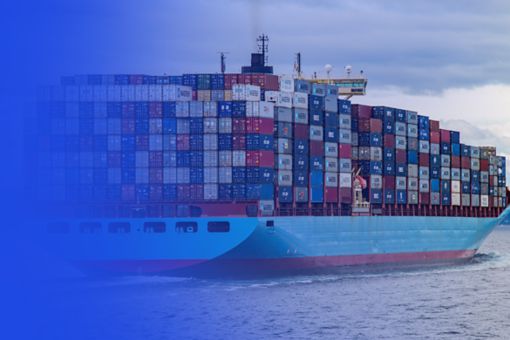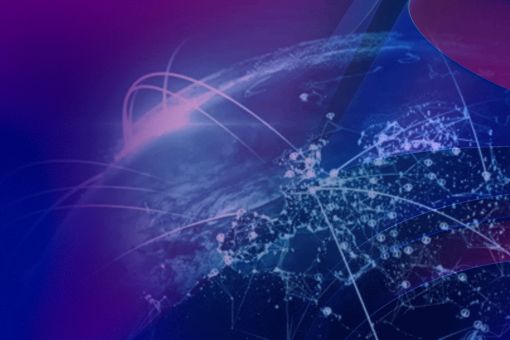Overview of the Nigeria's Power Sector
The ability to claim input Value Added Tax (VAT) has been a contentious issue in the power sector since privatization. The issue started with whether electricity can be classified as a good and or service and the impact the classification may have on the ability of companies in the sector to make any input VAT claim. This issue has indirectly been resolved in favor of the fact that electricity is a good. We used the term indirectly because of the manner of the resolution.
The VAT (Modification) Order 2021 provided some clarity on the application of VAT across the value chain which then formed a basis for addressing the issue. The Order modified the First Schedule to the VAT Act by expanding the list of exempt goods to include gas supplied to Generating Companies (GenCos), electricity generated by GenCos and supplied to Nigerian Bulk Electricity Trading Company (NBET), and electricity transmitted by the Transmission Company of Nigeria (TCN) to Distribution Companies (DisCos).
The inclusion of electricity supplied to the list of exempt goods in the VAT Act should put to rest the argument as to whether it is a good or a service. It is a good, at least according to the VAT Act. You must be a good before you can be an exempt good.
However, this has not resolved all the input VAT issues which impacts the sector. In fact, it can be argued that this has opened discussions on another issue. However, to understand the new issue, it is important we first consider the provision of the law on the claim of input VAT and the details of a relevant case.
Review of the Nigerian VAT Provisions
Companies can, under the Nigerian VAT Act, offset their allowable input VAT against output VAT before remitting the balance to the Federal Inland Revenue Service (FIRS).
However, for input VAT to qualify as allowable for offset against output VAT, it must be related to:
1. Goods purchased or imported directly for resale, or
2. Goods that form the stock-in-trade used for the direct production of any new product on which the output tax is charged.
The above conditions have one thing in common - goods. Therefore, unless the input VAT was incurred on “goods”, it should not qualify as an allowable input VAT that can be offset against output VAT. Also, the output on which the input VAT can be recovered must be charged and collected on “goods”. Therefore, if either the input or output VAT is charged on a service, the input VAT cannot be recovered against the output VAT collected.
Fortunately, the goods question has been resolved.



